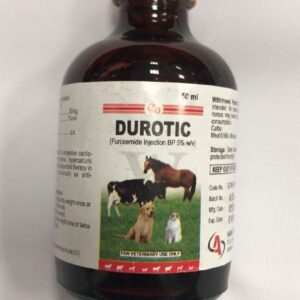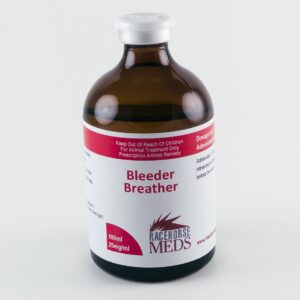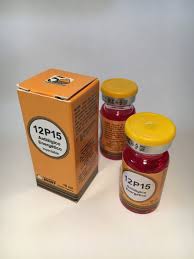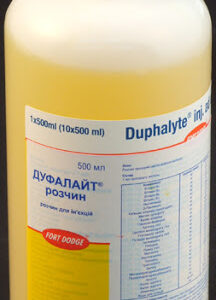What Are the Uses of Diclox for Dogs?
Diclox is typically used to treat bacterial infections and infections caused by microorganisms. It is not effective against viral infections or fungal infections. Your vet might prescribe doxycycline to treat a present infection, or as precaution against a secondary bacterial infection, as is often the case with viral infections like canine parvovirus that leave dogs vulnerable to secondary bacterial infections.
Some examples of conditions veterinarians treat with Diclox for dogs include:
- Respiratory infections
- Urinary tract infections
- Infected wounds
- Blood-borne infections
- Rocky Mountain Spotted Fever
- Lyme disease
- Ehrlichiosis
- Leptospirosis
If your dog’s condition is not on this list, don’t worry. Diclox has a broad range of applications and can help treat many different types of bacterial infections and microorganisms that affect dogs.
Side Effects of Diclox for Dogs
Dogs generally tolerate Diclox well, but it is always a good idea to understand the possible side effects of a drug before you give your dog a new medication. The most common side effects are symptoms of GI upset, such as vomiting and diarrhea. Severe GI symptoms could be a sign of a Diclox overdose, so be sure to call your vet.
Tetracycline antibiotics like Diclox can cause skeletal limb deformities in developing puppies in utero, posing a potential risk for pregnant mothers. In some cases, the benefits of using it outweigh the potential risks for pregnant mothers, but be sure to let your vet know if your dog is pregnant prior to treatment.
If your dog has a history of allergic reactions to antibiotics, especially antibiotics in the tetracycline family, make sure you mention this to your vet, as doxycycline could trigger a dangerous allergic reaction.
Diclox Drug Interactions
Drug interactions can cause problems for dogs taking multiple medications, just like they can for people. Talk to your vet if your dog takes any of the following medications or supplements while on Diclox:
- Oral antacids
- Bismuth
- Kaolin
- Pectin
- Iron supplements
- Bactericidal antibiotics such as penicillin, cephalosporin, or aminoglycosides
- Anticoagulant medications like warfarin
- Phenobarbital
If your dog is taking any of these other drugs, it does not necessarily mean he can’t take Diclox. However, it may change the way you administer the drug. For instance, oral antacids, bismuth, kaolin, and pectin are safe to take one-to-two hours before or after Diclox, doses of iron and Diclox should separated by three hours. Tetracycline can also change the clotting time for your dog’s blood, which means that dogs on a drug like warfarin may require additional monitoring and an adjustment of the dosage.
Dosage
The dosage of Diclox for dogs will vary depending on your dog’s health and condition. While the Merck Veterinary Manual recommends an oral dosage of 5-10 mg/kg per day, you should not attempt to adjust the dosage without the guidance of your veterinarian. Changing your dog’s medication can lead to antibiotic resistance, which is dangerous for your dog and may also result in a longer recovery time.





Reviews
There are no reviews yet.